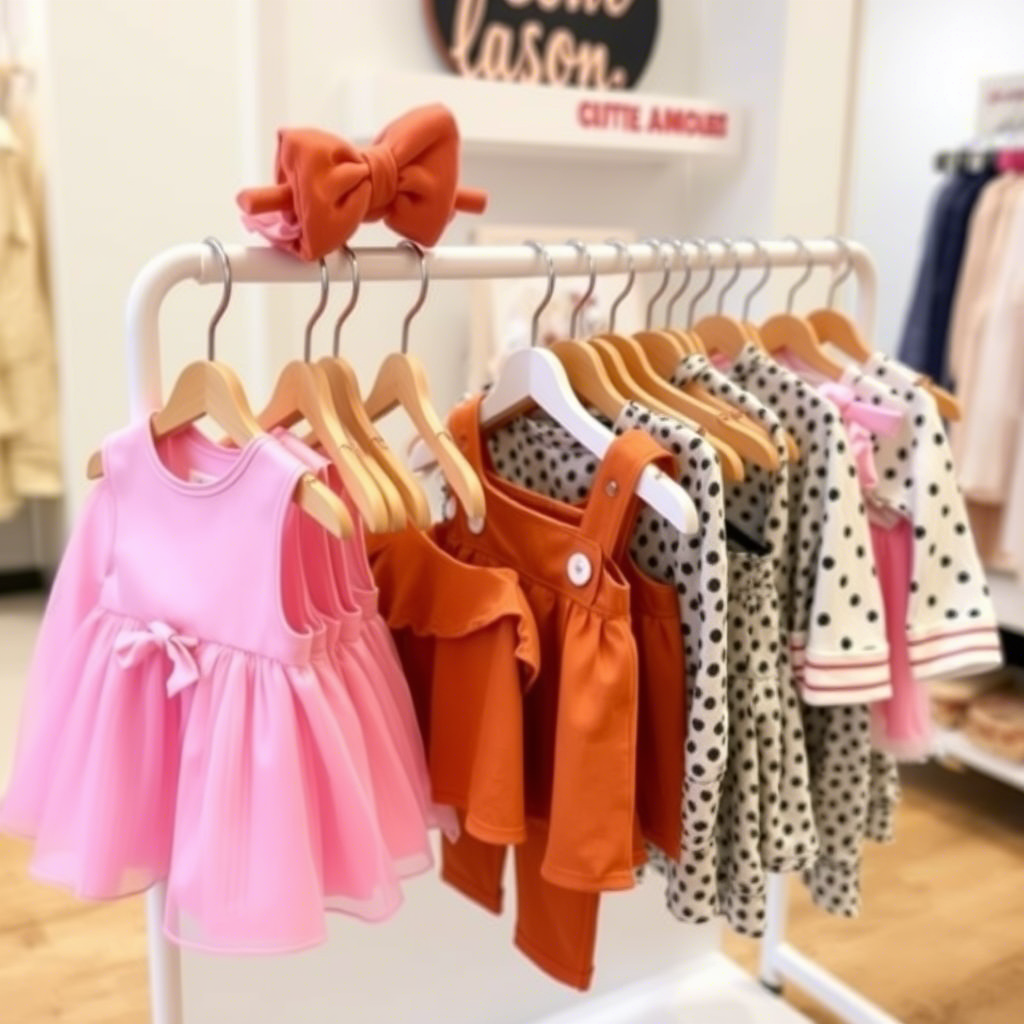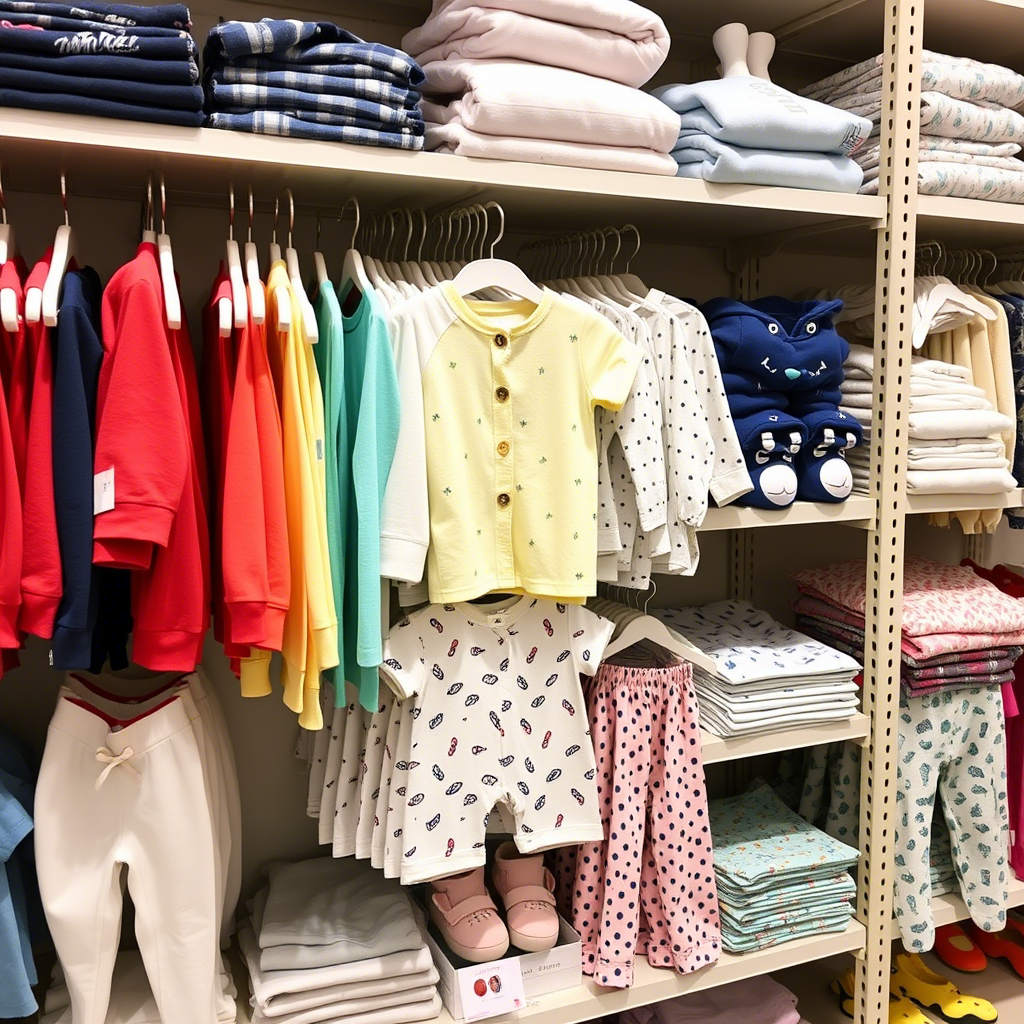Toddler Clothing Wholesale Suppliers For Boutiques
The toddler clothing market is a thriving segment within the broader children’s apparel industry. Boutique owners looking to capitalize on this trend need to source high-quality, stylish, and affordable clothing. Wholesale suppliers play a crucial role in providing boutiques with the products they need to attract and retain customers. In this article, we will explore the importance of finding the right toddler clothing wholesale suppliers for boutiques and provide guidance on how to make informed decisions.
Understanding the Importance of Wholesale Suppliers
Wholesale suppliers are the backbone of any retail business, including boutiques specializing in toddler clothing. They provide the necessary stock that boutiques sell to their customers. The right wholesale supplier can make a significant difference in a boutique’s success by offering high-quality products, competitive pricing, and reliable delivery.
- Quality Products: Wholesale suppliers who offer high-quality products help boutiques build a positive reputation and attract repeat customers. For instance, a boutique that sources its stock from a reputable supplier is more likely to sell clothing that meets customer expectations in terms of material, design, and durability.

- Competitive Pricing: Suppliers who offer competitive pricing enable boutiques to maintain healthy profit margins. This is crucial in a competitive market where price is a significant factor in a customer’s purchasing decision.
- Reliable Delivery: Timely and reliable delivery is essential for maintaining stock levels and fulfilling customer orders. Boutiques need suppliers who can meet their delivery expectations.
Key Considerations When Choosing a Wholesale Supplier
Selecting the right wholesale supplier involves several key considerations. Boutique owners need to assess potential suppliers based on various factors to ensure they make the best choice for their business.
- Product Range and Variety: A supplier with a diverse product range can cater to different customer preferences and keep the boutique’s offerings fresh and exciting. For example, a supplier like Lezon Kids, which offers a variety of boys’ coats, can be an excellent choice for boutiques looking to stock up on winter clothing.
- Pricing and Payment Terms: Competitive pricing and flexible payment terms are crucial. Boutique owners should look for suppliers who offer discounts for bulk orders and have payment terms that align with their cash flow.
- Quality Control and Assurance: Ensuring that the supplier has robust quality control measures in place is vital. This includes checking for compliance with safety standards and assessing the quality of materials used.
Evaluating Potential Suppliers
Once boutique owners have identified their needs and the key considerations for choosing a supplier, they need to evaluate potential suppliers. This involves researching suppliers, assessing their product offerings, and reviewing their business practices.
- Research and Reviews: Conducting thorough research and reading reviews from other customers can provide valuable insights into a supplier’s reliability and product quality.
- Product Sampling: Requesting product samples is a practical way to assess the quality of a supplier’s products firsthand.
- Business Practices: Evaluating a supplier’s business practices, including their return and refund policies, is essential for building a long-term partnership.
Building a Successful Partnership
After selecting a wholesale supplier, building a successful partnership is key to long-term success. This involves maintaining open communication, negotiating terms that benefit both parties, and ensuring that the partnership is mutually beneficial.
- Communication: Regular communication helps to prevent misunderstandings and ensures that both parties are aligned on expectations and goals.
- Negotiation: Boutique owners should be prepared to negotiate terms such as pricing, delivery schedules, and payment terms to ensure a mutually beneficial agreement.
- Mutual Benefit: A successful partnership is one where both the boutique and the supplier benefit. This can be achieved by working together to identify opportunities for growth and implementing strategies to capitalize on them. For example, a boutique could work with a supplier to create an exclusive clothing line, such as the boys’ coat collection, which can attract new customers and increase sales.

Managing Inventory and Logistics
Effective inventory management and logistics are critical components of a successful boutique. Boutique owners need to ensure that they have the right systems in place to manage their stock levels and fulfill customer orders efficiently.
- Inventory Management Systems: Implementing an inventory management system can help boutiques track their stock levels, monitor sales trends, and make informed decisions about reordering.
- Logistics and Shipping: Boutiques need to work with suppliers who can provide reliable and efficient shipping options. This includes considering factors such as delivery times, shipping costs, and packaging.
- Stock Level Management: Maintaining optimal stock levels is crucial for meeting customer demand without overstocking.

Conclusion
Finding the right toddler clothing wholesale suppliers is a critical step for boutiques looking to succeed in the competitive children’s apparel market. By understanding the importance of wholesale suppliers, considering key factors when choosing a supplier, evaluating potential suppliers, building a successful partnership, and managing inventory and logistics effectively, boutique owners can make informed decisions that drive their business forward. With the right supplier, boutiques can offer high-quality products, maintain competitive pricing, and ensure reliable delivery, ultimately leading to increased customer satisfaction and loyalty.

Comments